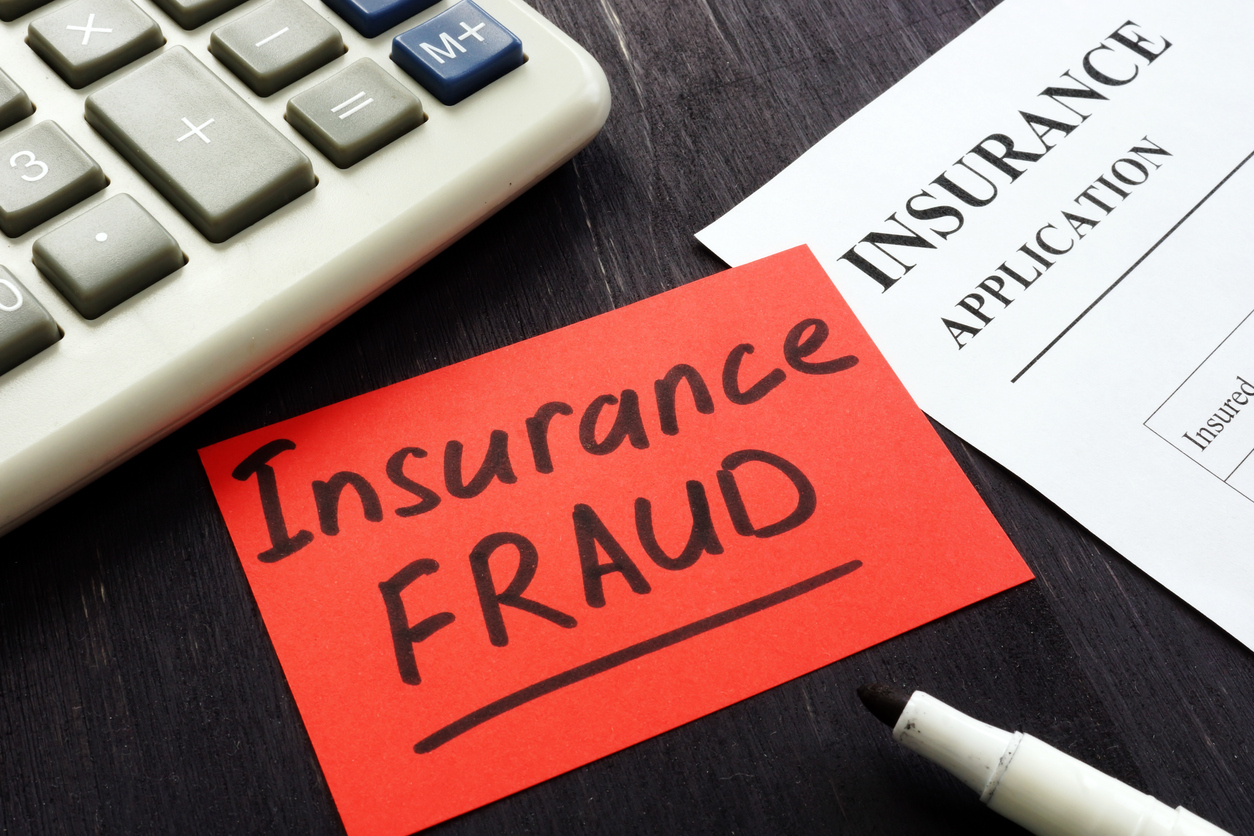Insurance fraud, conducted by various “bad actors,” significantly impacts both businesses and the general population. According to the Coalition Against Insurance Fraud, insurance fraud is estimated to cost the United States $308 billion annually, with property and casualty fraud contributing almost $90 billion. Moreover, recent data shows customers reported losing more than $10 billion to fraud in 2023, a 14% rise over 2022.
The National Association of Insurance Commissioners (NAIC) defines two types of fraud: hard and soft. Hard fraud occurs when a policyholder intentionally damages property to collect on an insurance policy, while soft fraud, which is more widespread, happens when a policyholder exaggerates an otherwise legitimate claim or purposefully omits or lies about information on an application to pay a lower premium.
There are various types of insurance fraud specific to the property and casualty (P&C) insurance industry, according to the American Academy of Actuaries:
- Claim Fraud: Involves false or exaggerated claims to an insurer
- Premium Fraud: Intentionally understating exposure for a lower premium
- Third-Party Fraud: This is where non-claimants overstate the cost of services provided to resolve the claims or provide unneeded services and bill the insurer
Property Insurance Fraud
When it comes to Commercial Property insurance, fraudulent claims occur when policyholders purposefully overstate the value of lost or damaged goods or claim nonexistent property damage to receive larger settlements. This form of fraud is common following a natural disaster. Individuals will take advantage of the disarray following a disaster or may be encouraged by contractors to make exaggerated claims.
Arson-for-profit is another type of Property insurance fraud in which a fire is deliberately set to receive insurance payouts.
Liability Insurance Fraud
Slip-and-fall scams target businesses. Individuals fake injuries or have previous uninsured injuries and claim negligence on the part of the business or property owner to get compensation. These fraudsters fabricate stories to leverage Liability insurance, burdening businesses with unjustified claims.
The Impact of Insurance Fraud on Businesses
Insurance fraud impacts businesses in several ways. Insurance firms are forced to raise rates to compensate for losses caused by false claims, which affects businesses’ operating costs. Investing in fraud detection and investigation techniques can increase operational costs for businesses. Moreover, fraudulent claims can make it challenging for businesses to secure insurance coverage in the future, impacting their ability to operate.
Additionally, intentionally committing or facilitating insurance fraud can result in legal penalties, including fines and potential criminal charges for the business.
What the Insurance Industry Is Doing to Combat Fraud
The industry uses artificial intelligence (AI), predictive modeling, and data analytics to combat insurance fraud and identify potential fraudulent claims. The industry also works with specialized investigative units (SIUs) to investigate suspicious claims. It collaborates with law enforcement agencies and the National Insurance Crime Bureau (NICB) to track down and prosecute insurance criminals. According to the NICB, nearly 400 employees work with law enforcement agencies, technology experts, government officials, prosecutors, international crime-fighting organizations, and the public to fight insurance fraud and crime.
The insurance industry has also implemented a robust verification process during policy application and claims submission to verify customer identities and information.
About Seneca
Seneca is a wholly owned subsidiary of Crum & Forster and part of the Fairfax Financial Holdings, Inc. family of companies, providing us with the strength and stability of a larger organization. We operate two legal entities that offer products on an admitted and non-admitted basis: Seneca Insurance Company and Seneca Specialty Insurance Company, both in all 50 states.
